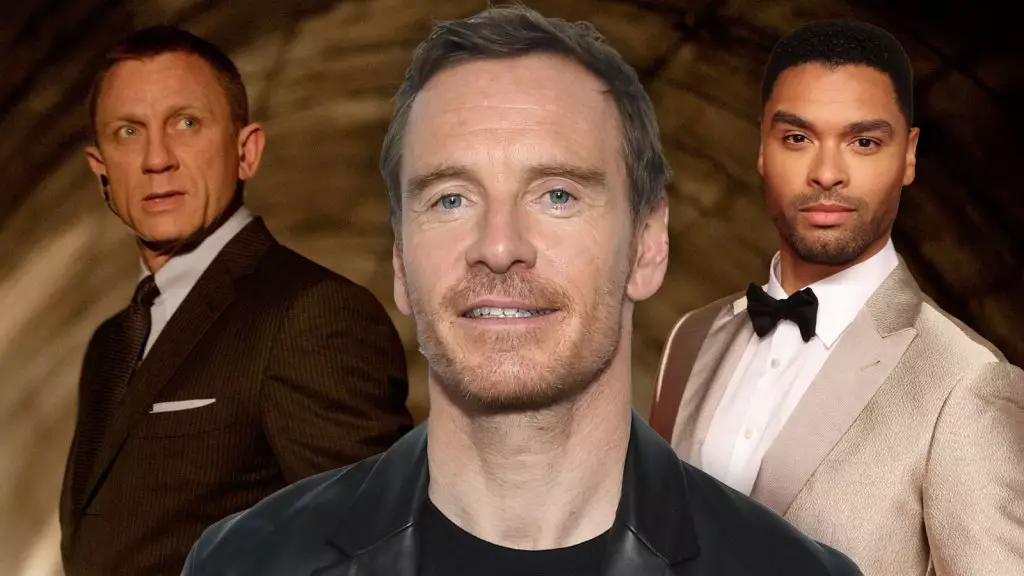In an intriguing revelation, Michael Fassbender has taken the veil off his past efforts to land the iconic role of James Bond. Instead of pursuing the role for his own gain, he surprisingly ended up advocating for Daniel Craig during his audition process. This candid confession, told on the “Happy Sad Confused” podcast, raises significant questions about celebrity humility and how competitive dynamics play out in Hollywood. It’s rare to find individuals willing to prioritize the success of peers over personal ambition, yet here lies Fassbender—attending his audition, promoting another actor, and downplaying his own capabilities.
The Cost of Self-Doubt
Fassbender’s admission that he has historically struggled with auditions showcases a key aspect of the entertainment industry: insecurity. His confession speaks volumes about the pressures actors face, particularly in high-stakes scenarios like auditioning for 007. A character synonymous with charisma and confidence, one would expect that auditioning for Bond would ignite a fierce self-assuredness. Yet, Fassbender demonstrates that even the most talented can falter under pressure. The term “terrible at auditions” is not just a self-effacing quip—it’s a window into the volatile nature of performance art, where mental blocks can derail careers.
Legacy of Daniel Craig
Fassbender’s recognition of Craig’s success prompts us to reflect on the impact of casting decisions in Hollywood. Daniel Craig’s portrayal of Bond is widely regarded as transformative, ushering in a more nuanced, darker version of the character. He redefined what it meant to be Bond, attracting an audience that craved depth and realism. The success of Craig’s tenure raises the stakes for the next actor stepping in. While Fassbender’s humility is admirable, one can’t help but wonder about the possibilities had he pursued the role with the same passion he had for promoting Craig.
Who’s Next? A New Era of Casting
With speculation about who will don the tuxedo next, Fassbender’s endorsement of Regé-Jean Page highlights an exciting pivot in the franchise. The idea of a new Bond brings both hope and trepidation among fans and filmmakers alike. The casting of a fresh face could further expand the boundaries of the character, allowing Bond to resonate with contemporary audiences. Fassbender’s assertion that Page “has all the attributes” suggests we may be on the cusp of not just a new actor, but a new ethos for Bond.
The Personal vs. The Professional
In Fassbender’s narrative, we see the complicated interplay of personal ambition and professional integrity. It’s a balancing act that many in creative fields grapple with: the desire for personal recognition while simultaneously acknowledging the brilliance of peers. Though his advocacy was presented humorously—“I should have been promoting myself”—it underscores a deeper issue in Hollywood’s culture: the competition often pits friends against each other. In advocating for Craig, Fassbender exemplifies a rare spirit of camaraderie, even if it meant his own aspirations were cast aside.
While it is easy to see Fassbender as a selfless collaborator, the broader implications of his experience serve as an invitation for an introspective look at both our societal values and the trials faced by artists in the relentless pursuit of excellence.


Leave a Reply